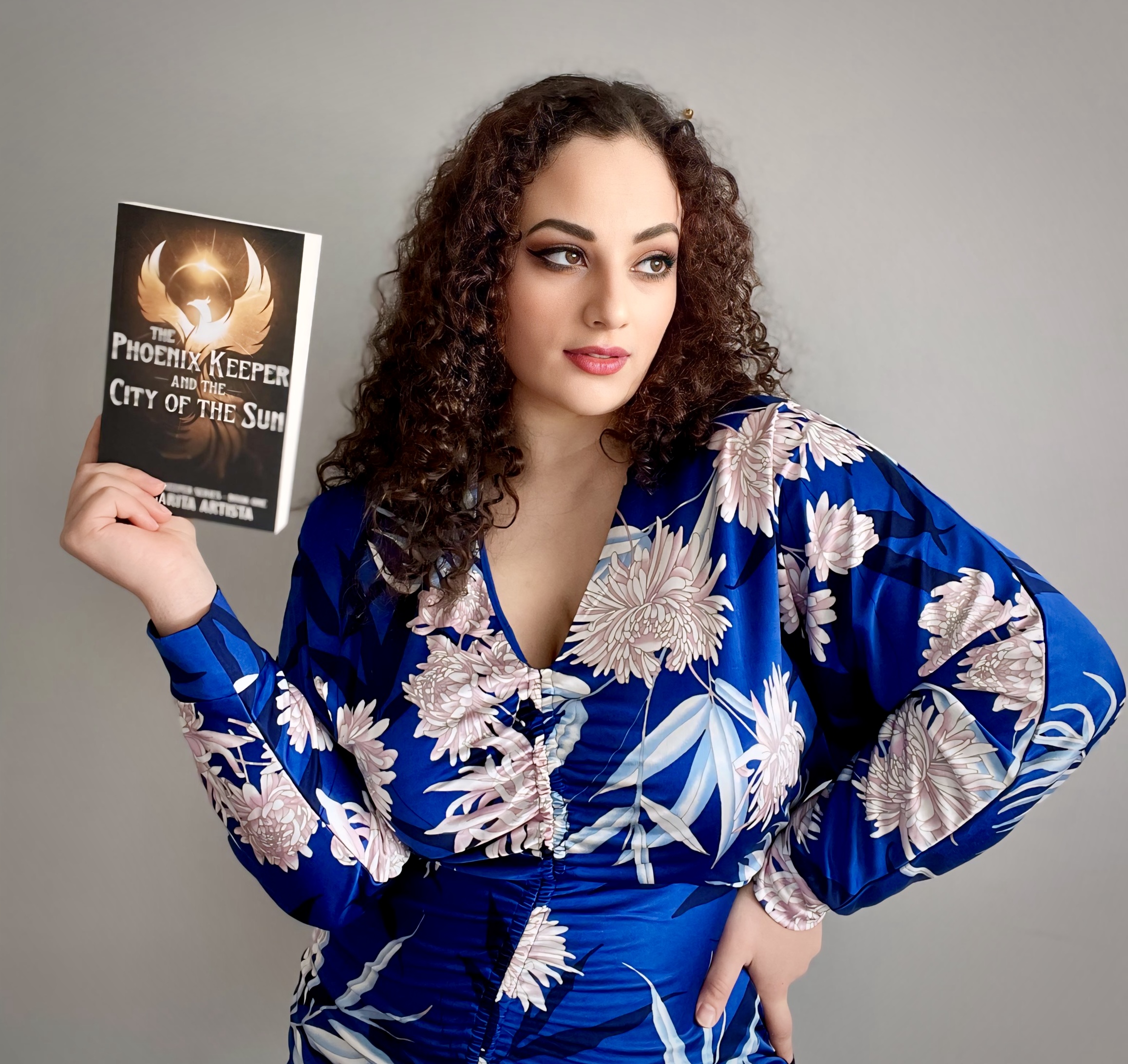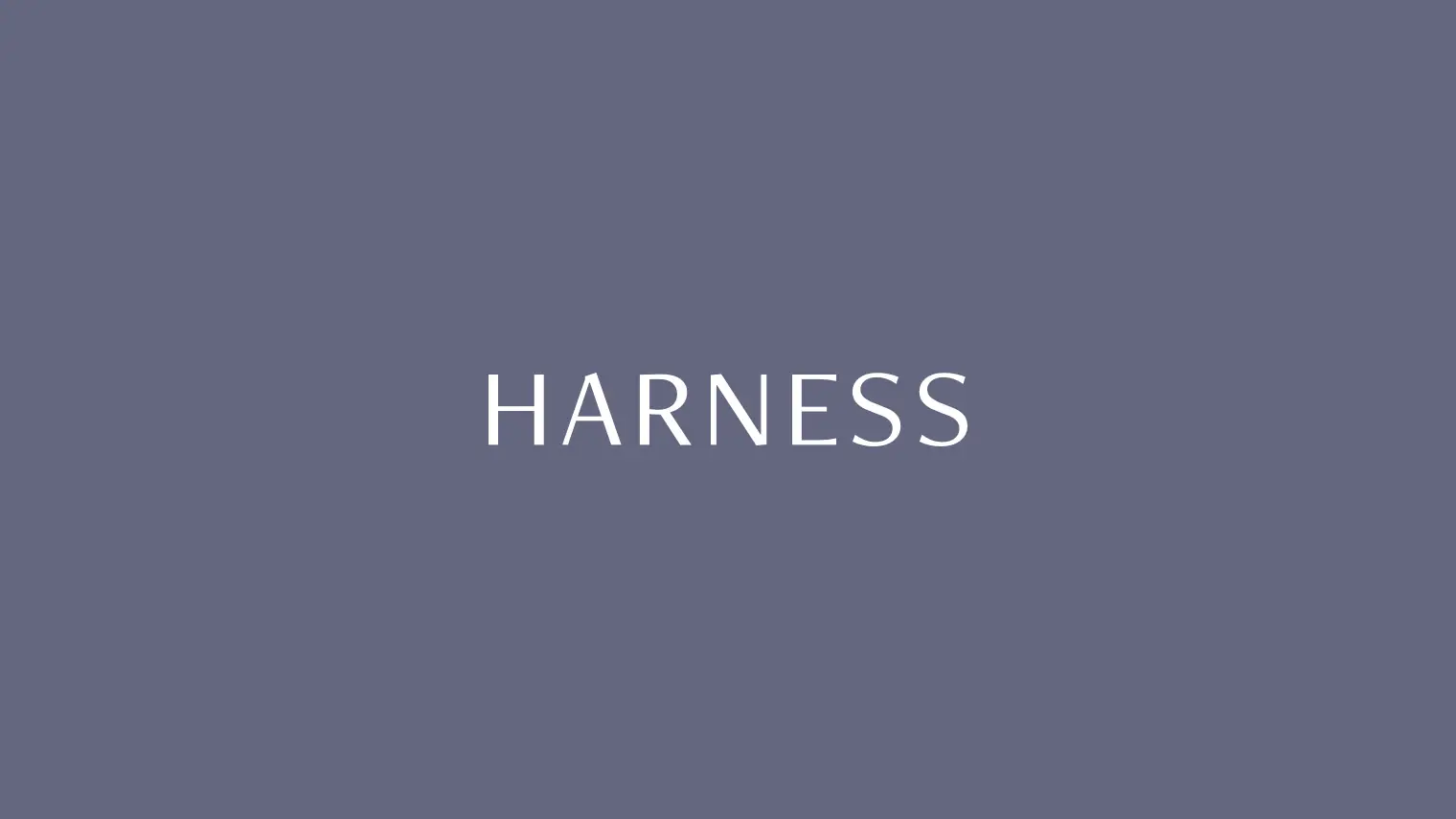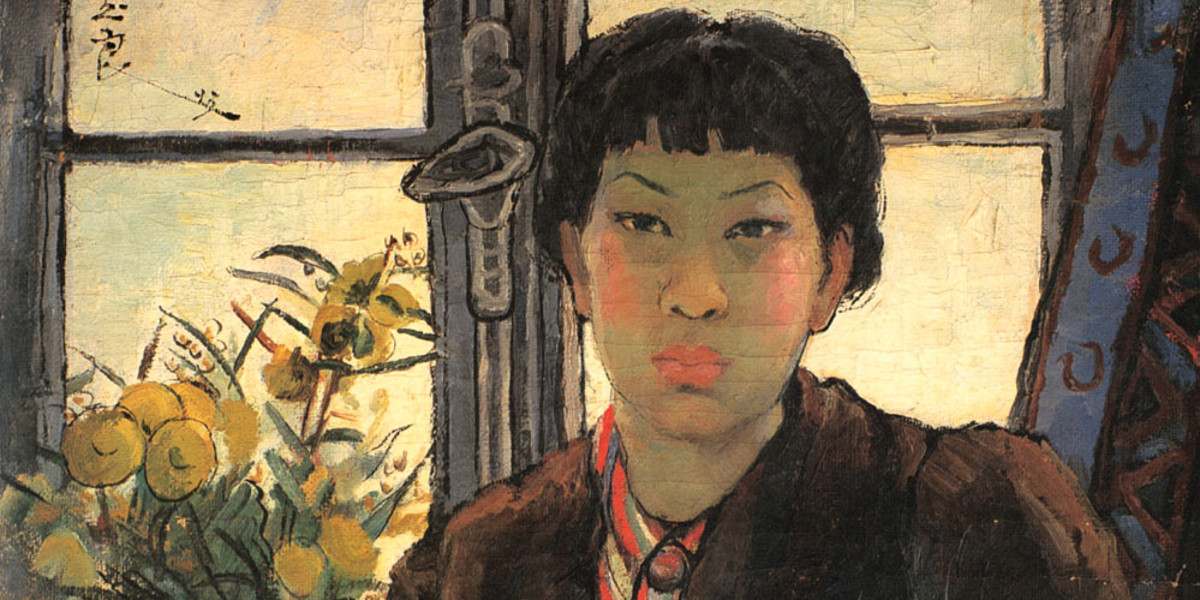Discovering the spark within to blend fantasy with poignant societal reflections, Margarita Artista, author of “The Phoenix Keeper and the City of the Sun,” unveils her creative odyssey. Rooted in a passion for storytelling and a profound sociological understanding, Margarita’s journey intertwines personal growth with a mission to inspire and empower. Through her candid insights, she shares the challenges, triumphs, and profound meanings that fuel her artistry, offering a roadmap for fellow creatives seeking to illuminate the world with their unique voice and vision.
What inspired you to start your creative project, “The Phoenix Keeper and the City of the Sun”?
I’ve always been a big reader, and from a young age, I knew I wanted to write books that would inspire people the way my favourite books inspired me. It wasn’t until I took Sociology in university, though, that I truly understood the extent of the creative journey I wanted – more like needed, really – to embark on. I needed to explore my learnings about society, and to share them with the world, in the hopes of maybe leaving it a better place than I found it.
Can you share a bit about your personal journey and how it influenced your work?
I have a deep fascination with the world around me. I enjoy learning about how our world works, and how people function, and what makes society do all the strange and incredible and confusing things that it does. I’ve also always loved magic, and fantasy, and escaping into new worlds when ours became just a little too rough. Reading and video games also taught me a lot about people, and passions, and most importantly, about myself. Combining the two was more inevitable than I think I realized at the time I started writing.
What were some of the challenges or struggles you faced while working on your project?
Reliving some of my hardest personal moments – a primary source of inspiration – can be a tricky exercise. On the one hand, I really enjoy self-reflection and taking the time to really piece apart experiences and share what I’ve learned. On the other hand, it’s a very vulnerable process. Some of the moments my characters face were inspired by real moments that were hard for me. But in the end, I think the value of connecting with my readers through sharing these hardships outweighs the discomfort of having to face them as I write.
How did you overcome these challenges, and what did you learn from them?
I remember my favourite stories when I feel challenged. I take the time to recollect what makes them my favourite stories, and how they’ve had an impact on me. And then I remind myself that if I can have the same impact on even just one reader, then I’ve done what I’ve set out to do. That usually keeps me going.
Your project incorporates sociological discussions such as wealth, power, discrimination, and mental health. Can you elaborate on why these themes are important to you?
Learning about these themes throughout my education really changed my perspective and how I interact with the world. It has benefitted me greatly to be more aware of how wealth affects power, how discrimination appears in systems, and how paying attention to these things can help you make better judgment calls when it comes to who you vote for or where you spend your money. As a collective, we can have tremendous influence when it comes to social issues, and I’m so inspired by everyone who uses their voice to stand up for others; I definitely see this younger generation especially speaking up for the things that matter and sparking positive change in the world.
I also believe mental health is an ongoing discussion that needs to be visited and revisited in our social circles. Learning about each other, our struggles, our strengths – it allows us to better accommodate, and more importantly, invites compassion into our daily living. We, as a society, need to take care of each other, and that starts with normalizing and destigmatizing the issues we face. We are all better off when we are unafraid to ask for help, when we can access care, and ultimately, when we are given space to heal.
What advice would you give to other women who are pursuing their creative passions or starting their own projects?
Be loud. Take up room. Be unapologetic in your presence. Never let anyone tell you that your ideas aren’t worthy – you have them for a reason. And most importantly, you are entitled to embrace as many identities as you choose. You can be a mother, a painter, and a wife, in any order you choose. You can enjoy sex and spirituality at the same time. The world tends to encourage women to fit into a box – I say we break out of that narrative and do whatever we want.
How do you balance your personal life with your creative work?
If I’m really struggling to write, it’s usually a sign that I’m burnt out. Part of the creative process is knowing when you need to pause and recharge. I try to spend time moving my body intentionally with exercise and enjoying other works of art, whether its reading, shows, video games, or a trip to the museum, when I’m feeling creatively low.
Can you share a pivotal moment or turning point in your journey that significantly impacted your project?
What role does storytelling play in addressing societal issues and promoting change?
One of our primary ways of learning is through story. We listen to the experiences of others and read words that leave impressions on us. Whether fictional or not, they ignite feelings, thoughts, and opinions. They fuel outrage, they invoke pity, they share pain. All of these things are beautiful, wondrous parts of the human experience. More importantly, when you feel deeply enough, you’re usually motivated to seek further information, or to make a change. That’s what the power of story is – it moves people.
How do you stay motivated and inspired during times of doubt or uncertainty in your creative process?
I try to give myself the same advice I’d give to any of my friends – to keep going, no matter how hard it gets. It can be difficult at times to see myself in the same light as I do other artists. I have a bit of imposter syndrome sometimes; occasionally, I wonder if I’m leaving the mark I intend to leave, or if I’m leaving one at all. But if I don’t at least try to, I know I never will. And that fact in itself fuels me to not give up trying, at the very least.
What message or legacy do you hope to leave through your work?
If my readers leave my work feeling something – anything – then I’m happy. If they were moved in some way, or they felt that reading my work was worthwhile for whatever reason, then I feel I’ve accomplished my goal. I want people to be inspired by my stories, and in special regards to the Phoenix Keeper series, I want them to know they, too, can embark on their own journey of redefinition and magic. They just have to believe in themselves.
Can you talk about a specific character or aspect of your project that is particularly meaningful to you?
Seraphine is very much like myself, in a lot of ways. Well, she’s a lot cooler than I am. But at her core, she responds to situations very much like I would. That’s a really neat experience to have as a writer. I’ve been able to forgive myself a bit for my emotional or ‘fiery’ nature, since I’ve seen how Seraphine’s passion drives her through the story and gets her into some fascinating adventures. I relate to that quite a bit, and I hope my readers do, too.
What strategies or practices have helped you grow and develop as a creative entrepreneur?
Learning to accept and incorporate constructive criticism is a very good skill to have. You want to approach editing, for example, with a warm open-mindedness; listening to feedback and using it to make your work better is a fundamental part of growing as a creative.
How do you navigate the intersection of art, business, and social impact in your work?
Above all, authenticity remains of most critical importance to me. I want to be honest with my readers and followers, and I want to provide them with a safe space to share ideas and connect. At the end of the day, money comes and goes, but the impact you have on someone can last a lifetime. I want to leave a positive impact on anyone who chooses to follow my journey.
What upcoming projects or initiatives can we look forward to from you?
The second book in the Phoenix Keeper series, The Phoenix Keeper and the Fiery Waters, will be releasing in November of 2024! I cannot wait for my readers to continue their journeys with Seraphine. The series consists of five books, so in the coming years, I plan to get the remaining three books out before starting on my next project – I’m thinking a high fantasy this time.






